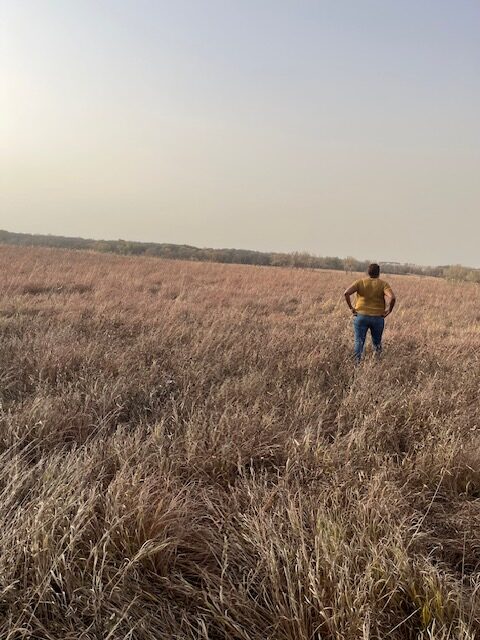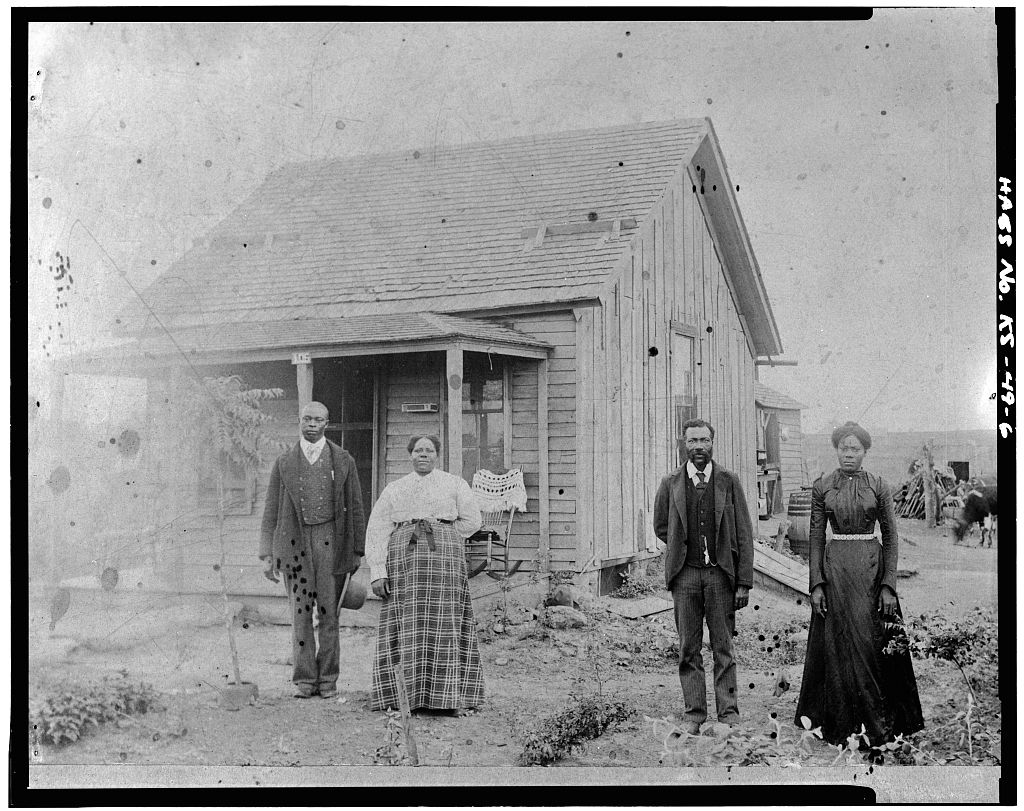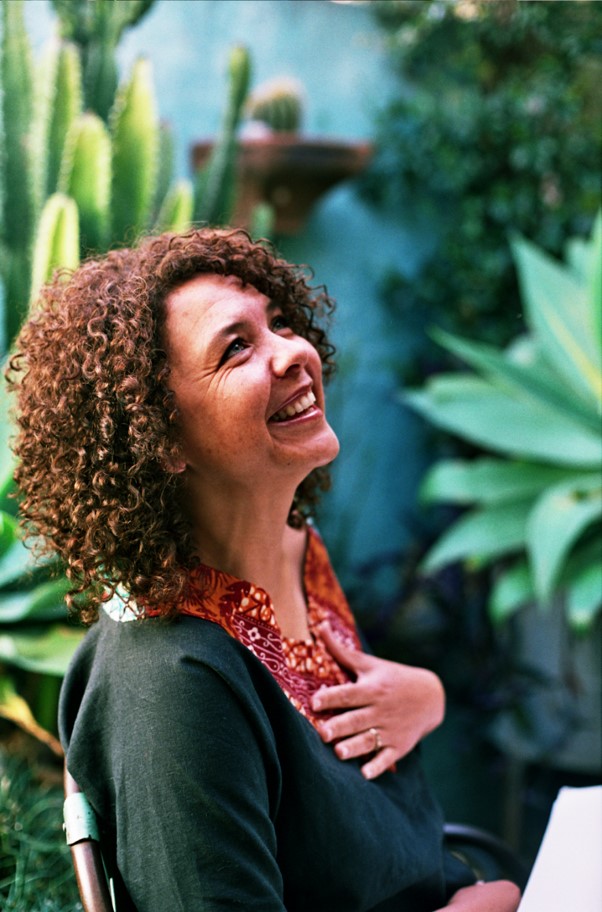Women of the West, a guest post by Lesa Cline-Ransome

There was the story before we left/and the story after/but the story in between/is the part that’s the hardest (Lettie)
There is a mystique that exists about the American West. And, like many stories from history, the aura around it involves more nostalgia than fact. More romance than reality. The myth and mystique of the West excludes the truth of how it came to be–The Indian Removal Act. Which groups were provided access to “free” land under the Homestead Act of 1862. So many of these Western tales offer only one narrow perspective of the many who made the West home.
The truth is that while travel to the West along the Overland trails offered starkly beautiful views of vast landscapes and flowing rivers, it was a long, grueling journey that often involved sickness, hunger, extreme temperatures, exhaustion and even death.
ADVERTISEMENT
ADVERTISEMENT
I held Momma’s hand/as I watch Daddy/and the other men/shovel dirt over their shoulders (Lettie)
What made people want to do it? Why would they leave all they knew behind in search of the unknown?
Through research accounts, we know that homesteading, or settling and farming in the west and staking a claim of one’s own was at the heart of the reason many men sought new lives out west. But I wondered about the lives of the women–the wives, daughters and sisters– who were their companions. The decision to venture overland was often left solely to men, who in their quest for the independence and freedom the west afforded ignored those same rights to the women who traveled with them.
Daddy said/That’s why women/have husbands Lettie/so they ain’t got to do the choosing/Men provide for them/keep them safe/Once you grown/you’ll see for yourself/how lucky you are/to have you a husband (Lettie)
When I began researching the Westward Movement through the lens of black pioneers, I found my way to the voices of three female narrators who guide readers along their journey in my first verse novel, One Big Open Sky. This story of eleven-year-old Lettie, her mother Sylvia and a young teacher named Philomena traveling by covered wagon in 1879 explores the role that independence and found family plays in the lives of each as they each seek out their own versions of freedom.

For black pioneers in the late 1800’s, many who were newly freed from enslavement, the Homestead Act was their chance at a right long denied to black people in this country–land. And off Westward they went, by the thousands. They called themselves Exodusters. And they were the largest mass exodus of African Americans who migrated from the South during the 1800’s seeking out their vision of Promised Land in the West much like their Biblical counterparts before them.
Ain’t that a man/Always got to go chasing/’cause he can’t never see/what’s right before his eyes (Sylvia)
While the men forged ahead into their future out west, the women looked back in diaries revealing their sense of loss at leaving behind family and community.
If I learned one thing/it was/in order to keep going/you had to forget/Think only of/tomorrow/and never of/yesterdays (Sylvia)
Isolated, often overwhelmed with the double burden of travel and domestic chores, they sought out community and sisterhood on the trail to see them through the journey ahead. For them, whether at home or on their harrowing journeys, the work never ended. Twenty percent of women who traveled were pregnant.
And still, they wrote in diaries, at night savoring stolen moments to jot down their private thoughts because their journals were the one thing they had that was all their own.
I had no idea/how my story would unfold/out West/But I knew one thing/it was finally/my story to write/any way I saw fit (Philomena)
And when tragedy struck, far too often they had to carry on alone without the fathers, brothers and husbands who demanded their presence on the trail.
For many of these women, their new reality in the West gave them the equality they wanted. In a place where hard work counted for something, many black pioneer women used their domestic training to become entrepreneurs, like Biddy Mason, a landowner and Clara Brown who started a successful laundry service. They opened boarding houses and hotels, schools and churches and helped to start all black towns.

Old photographs showed The Bates family, The Shores, The Speeses– posing in front of sod houses and cabins, worn around the edges but proud of all they had withstood, all they had built with their hands and their hearts. The women standing tall and strong in front of their children, shoulder to shoulder, next to husbands or on their own. Hard as life was going to be, it was a life they could now call their own. It was freedom.
Through Lettie’s young eyes we see much of this story in 1879 unfold over the span of months as Lettie, her mother, two younger brothers and father Thomas depart Natchez, Mississippi en route to Nebraska with an all-black wagon company. Thomas’ big dreams don’t offer many practical solutions as they run short on supplies and encounter extreme weather and bandits, death and the growing tensions between he and Lettie’s mother.
When they meet up with an independent minded school teacher named Philomena in Missouri who is willing to barter her meager savings and hard work in exchange for a seat on their cramped wagon, things take a dramatic turn. Lettie keeps the numbers for her family and she also keeps watch, writing it all down in her book and she begins to see how the world and the people she once thought she knew can change so quickly out on the trail.
Women who cook and wash and care for children aren’t considered worthy of pages in history books. Those pages are filled with men who explored and pillaged and conquered. But the women who did the heavy lifting of laundering, mending, nursing, cleaning and cooking are the ones in my opinion who deserve volumes.
Careful research shatters the myth of the American West but it opens us up to the untold and important stories of people whose lives were as varied and vast as the landscape under which they traveled.
Sometimes/if it was warm enough/I liked to sleep/under one big open sky/It felt like my arms could stretch/all the way/from Mississippi to Nebraska/and there would still be room enough/if I wanted/to stretch out some more (Lettie)
Meet the author
Lesa Cline-Ransome is the award-winning author of many critically acclaimed books for young readers including Before She was Harriet, Overground Railroad, Game Changers: The Story of Venus and Serena Williams and Fighting With Love: The Legacy of John Lewis. Her numerous honors include the Jane Addams Honor Award, the Christopher Award, Kirkus, and SLJ Best Book of Year and three NAACP Image Award nominations. Her middle grade novel Finding Langston received the Coretta Scott King Author Honor and the Scott O’Dell Award for Historical Fiction. One Big Open Sky is her first novel in verse.
When not writing, Lesa loves eating chocolate and napping.
A mom to four wonderful humans, Lesa lives in the Hudson Valley region of New York with her husband and frequent collaborator, illustrator James Ransome.
About One Big Open Sky
Three women narrate a perilous wagon journey westward that could set them free—or cost them everything they have—in this intergenerational verse novel that explores the history of the Black homesteader movement.
ADVERTISEMENT
ADVERTISEMENT
1879, Mississippi. Young dreamer Lettie may have her head in the stars, but her body is on a covered wagon heading westward. Her father, Thomas, promises that Nebraska will be everything the family needs: an opportunity to claim the independence they’ve strived for over generations on their very own plot of land.
But Thomas’ hopes—and mouth—are bigger than his ability to follow through. With few supplies and even less money, the only thing that feels certain is danger.
Right after the war ended/and we were free/we believed/all of us did/that couldn’t nothing hurt us/the way master had when we were slaves/Couldn’t no one tell us/how to live/how to die.
Lettie, her mother, Sylvia, and young teacher Philomena are free from slavery—but bound by poverty, access to opportunity, and patriarchal social structures. Will these women survive the hardships of their journey? And as Thomas’ desire for control overpowers his common sense, will they truly be free once they get there?
Coretta Scott King Honor-winning author Lesa Cline-Ransome’s striking verse masterfully portrays an underrepresented historical era. Tackling powerful themes of autonomy and Black self-emancipation, Cline-Ransome offers readers an intimate look into the lives of three women and an expansive portrait of generations striving for their promised freedom.
A Junior Library Guild Gold Standard Selection
ISBN-13: 9780823450169
Publisher: Holiday House
Publication date: 03/05/2024
Age Range: 8 – 12 Years
Filed under: Uncategorized
About Amanda MacGregor
Amanda MacGregor works in an elementary library, loves dogs, and can be found on Twitter @CiteSomething.
ADVERTISEMENT
ADVERTISEMENT
SLJ Blog Network
Name That LEGO Book Cover! (#53)
Cover Reveal and Q&A: The One and Only Googoosh with Azadeh Westergaard
Exclusive: Vol. 2 of The Weirn Books Is Coming in October | News
Fighting Public School Book Bans with the Civil Rights Act
ADVERTISEMENT







